Python: Real-World Data Science. Real-World Data Science Fabrizio Romano, Dusty Phillips, Phuong Vo.T.H, Martin Czygan, Robert Layton, Sebastian Raschka
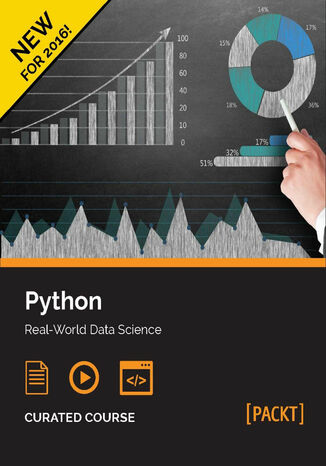



- Autorzy:
- Fabrizio Romano, Dusty Phillips, Phuong Vo.T.H, Martin Czygan, Robert Layton, Sebastian Raschka
- Wydawnictwo:
- Packt Publishing
- Ocena:
- Dostępne formaty:
-
PDFePubMobi
Opis
książki
:
Python: Real-World Data Science. Real-World Data Science
The course begins with getting your Python fundamentals nailed down. After getting familiar with Python core concepts, it’s time that you dive into the field of data science. In the second module, you'll learn how to perform data analysis using Python in a practical and example-driven way. The third module will teach you how to design and develop data mining applications using a variety of datasets, starting with basic classification and affinity analysis to more complex data types including text, images, and graphs. Machine learning and predictive analytics have become the most important approaches to uncover data gold mines. In the final module, we'll discuss the necessary details regarding machine learning concepts, offering intuitive yet informative explanations on how machine learning algorithms work, how to use them, and most importantly, how to avoid the common pitfalls.
Wybrane bestsellery
Fabrizio Romano, Dusty Phillips, Phuong Vo.T.H, Martin Czygan, Robert Layton, Sebastian Raschka - pozostałe książki
Packt Publishing - inne książki
Dzięki opcji "Druk na żądanie" do sprzedaży wracają tytuły Grupy Helion, które cieszyły sie dużym zainteresowaniem, a których nakład został wyprzedany.
Dla naszych Czytelników wydrukowaliśmy dodatkową pulę egzemplarzy w technice druku cyfrowego.
Co powinieneś wiedzieć o usłudze "Druk na żądanie":
- usługa obejmuje tylko widoczną poniżej listę tytułów, którą na bieżąco aktualizujemy;
- cena książki może być wyższa od początkowej ceny detalicznej, co jest spowodowane kosztami druku cyfrowego (wyższymi niż koszty tradycyjnego druku offsetowego). Obowiązująca cena jest zawsze podawana na stronie WWW książki;
- zawartość książki wraz z dodatkami (płyta CD, DVD) odpowiada jej pierwotnemu wydaniu i jest w pełni komplementarna;
- usługa nie obejmuje książek w kolorze.
Masz pytanie o konkretny tytuł? Napisz do nas: sklep@helion.pl
Książka drukowana







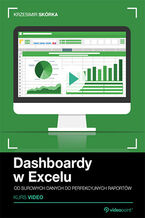

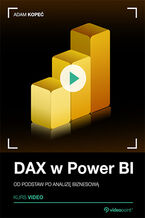

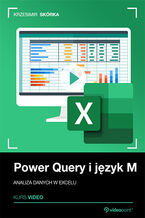

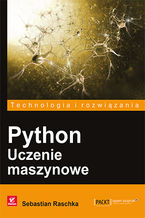
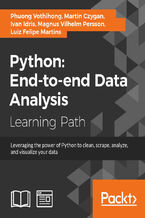

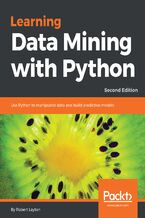
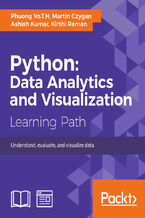
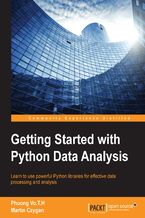
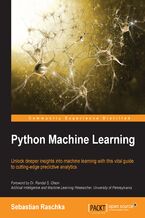

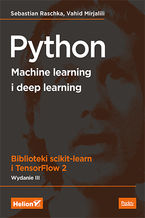
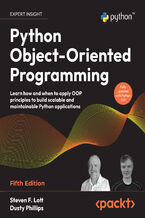
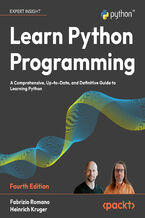





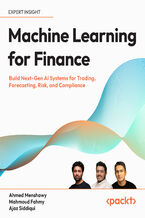
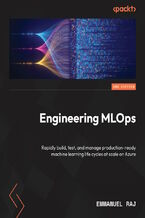
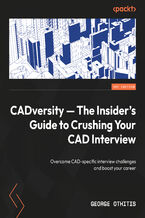
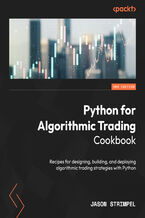

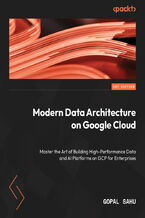
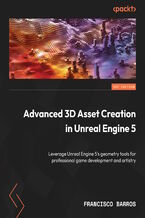
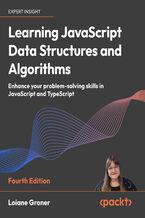
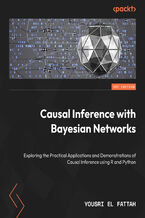
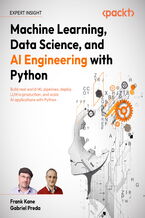



Oceny i opinie klientów: Python: Real-World Data Science. Real-World Data Science Fabrizio Romano, Dusty Phillips, Phuong Vo.T.H, Martin Czygan, Robert Layton, Sebastian Raschka
(0)